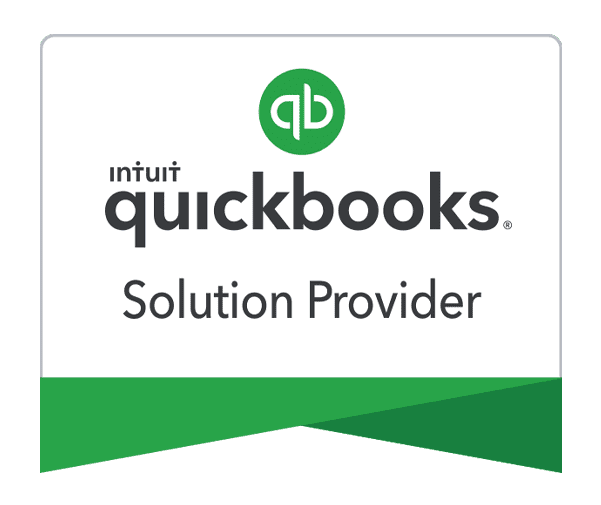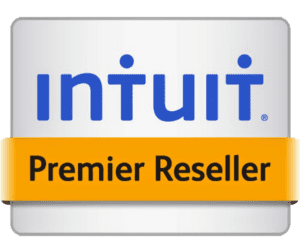
Paygration, Inc.
In terms of small business accounting, choosing the right software solution can make a significant difference in efficiency, accuracy, and overall financial management. Two popular options for managing finances and accounting workflows are QuickBooks Online and Microsoft Excel. Let’s explore how each works, their respective advantages and limitations, and why QuickBooks Online may be the better choice for your small business accounting needs.
What is QuickBooks Online?
QuickBooks Online is a cloud-based accounting software developed by Intuit, designed specifically for small and medium-sized businesses. It offers a wide range of features to manage various aspects of accounting, including invoicing, expense tracking, financial reporting, and tax preparation. With QuickBooks Online, users can access their financial data anytime, anywhere, as long as they have an internet connection. It provides real-time collaboration among users and integrates with many other business tools and applications.
What is Excel?
Microsoft Excel is a spreadsheet software widely used for data organization, analysis, and visualization. It offers a flexible and customizable platform where users can create and manipulate data in tabular form. Excel is commonly used for tasks such as budgeting, forecasting, and creating financial statements. While Excel provides powerful calculation and reporting capabilities, it requires manual data entry and lacks some of the automated features found in dedicated accounting software like QuickBooks Online.
Limitations of Excel
Despite its versatility, Excel has several limitations when it comes to small business accounting:
- Manual Data Entry: Excel relies heavily on manual data entry, which increases the risk of errors and requires more time to maintain accurate financial records.
- Limited Automation: Excel lacks automation features found in accounting software like QuickBooks Online. Tasks such as invoice generation, recurring transactions, and bank reconciliations require manual effort in Excel.
- Difficulty in Collaboration: Collaborating on Excel spreadsheets can be challenging, especially when multiple users need to access and update the same file simultaneously. This can lead to version control issues and data discrepancies.
- Lack of Scalability: Excel may not be suitable for growing businesses with complex accounting needs. As the volume of transactions and data increases, managing finances in Excel becomes more cumbersome and less efficient.
- Limited Reporting Capabilities: While Excel offers robust reporting features, creating complex financial reports can be time-consuming and require advanced spreadsheet skills. QuickBooks Online, on the other hand, provides pre-built templates and customizable reports tailored to small business needs.
For additional insights, check out our extensive comparison of QuickBooks Online vs Xero.
Benefits of QuickBooks Online
Now, let’s explore the advantages of using QuickBooks Online over Excel for small business accounting:
- Automation of Financial Tasks: QuickBooks Online automates many aspects of accounting, such as invoicing, bill payments, and bank reconciliations. This saves time and reduces the likelihood of errors associated with manual data entry.
- Real-Time Financial Insights: With QuickBooks Online, you can access real-time financial data and insights from anywhere, anytime. This enables better decision-making and allows you to stay informed about your business’s financial health.
- Easy Invoicing and Payment Processing: QuickBooks Online streamlines the invoicing process, allowing you to create and send professional invoices to customers within minutes. It also integrates with payment gateways, enabling customers to pay invoices online, improving cash flow.
- Expense Tracking and Management: QuickBooks Online helps you track and categorize expenses, making it easier to monitor spending and identify areas for cost savings. You can link bank accounts and credit cards to automatically import transactions, simplifying expense management.
- Effortless Tax Preparation: QuickBooks Online simplifies tax preparation by organizing your financial data and generating reports that are ready to be used by accountants or tax professionals. It helps ensure compliance with tax regulations and reduces the stress of tax season.
- Scalability and Customization: QuickBooks Online is scalable and can grow with your business. Whether you’re a solopreneur or a growing enterprise, QuickBooks Online offers flexible plans and features to meet your evolving needs. You can customize settings, reports, and workflows to suit your business requirements.
- Secure Data Storage and Backup: QuickBooks Online stores your financial data securely in the cloud, with multiple layers of encryption and regular backups. This ensures that your data is safe from loss or theft and provides peace of mind for business owners.
- Integration with Third-Party Apps: QuickBooks Online integrates seamlessly with hundreds of third-party apps and services, such as payment processors, payroll providers, and CRM systems. This allows you to extend the functionality of QuickBooks Online and streamline your business processes.
- Excellent Customer Support: QuickBooks Online offers comprehensive customer support via phone, chat, and email. Whether you have questions about using the software or need technical assistance, their team of experts is readily available to help.
- Cost-Effective Solution: Despite its robust features, QuickBooks Online is an affordable solution for small businesses. It offers flexible pricing plans to fit different budgetary needs, with no upfront costs or long-term commitments.
For more information, explore additional benefits of QuickBooks Online and Cloud Accounting.
Conclusion
QuickBooks Online offers numerous advantages over Excel for small business accounting, including automation, real-time insights, easy invoicing, expense tracking, scalability, and security. By switching to QuickBooks Online, you can streamline your financial processes, improve accuracy, and focus more on growing your business.
For a free demo and consultation on how QuickBooks Online can benefit your business, contact Paygration at 866-949-7267. Our team of experts can help you get started and maximize the benefits of using QuickBooks Online for your small business accounting needs.
















